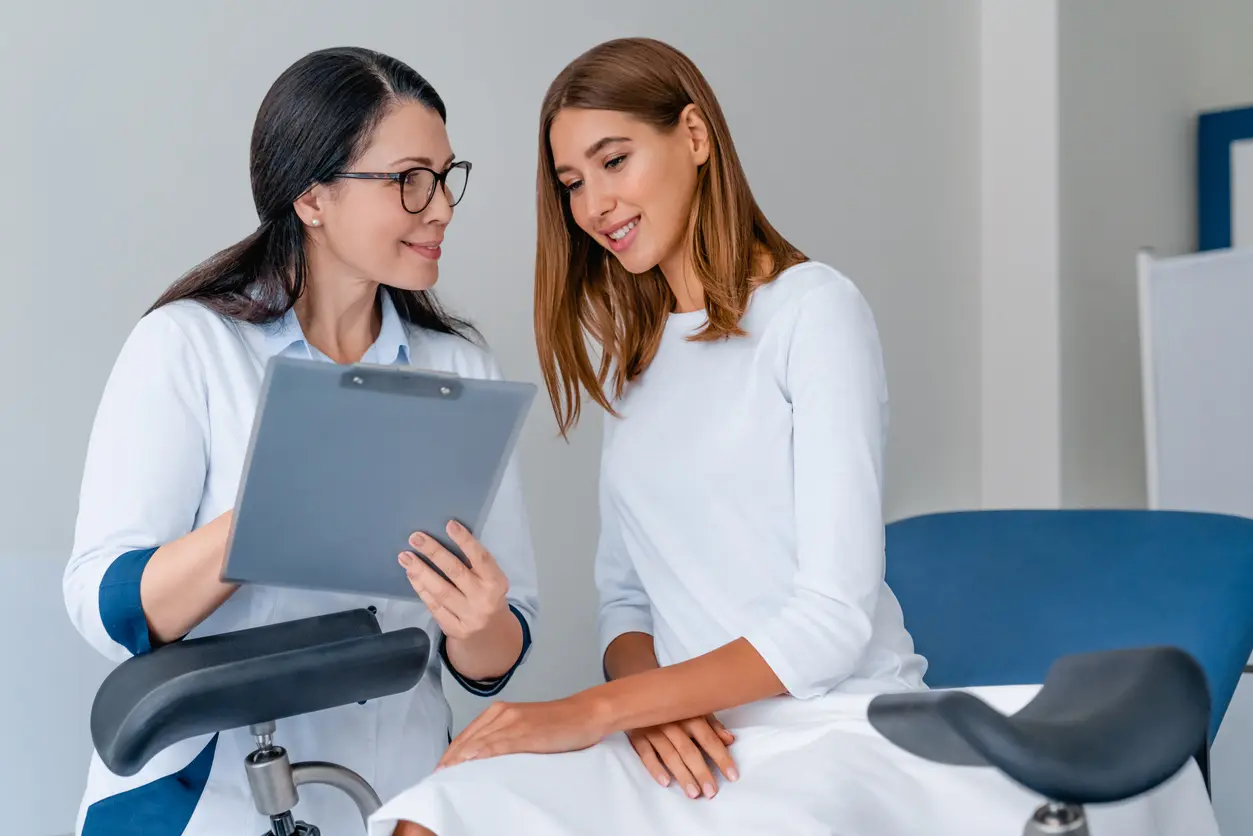Painful Bladder Syndrome/Interstitial Cystitis
Definition
Painful bladder syndrome/Interstitial Cystitis (PBS/IC) is a chronic condition that consists of urinary urgency, frequency, nocturia (being awakened by the urge to urinate more than one time per night) and/or bladder pain, which tends to increase as the bladder fills. The intensity of these symptoms tends to range from mild to debilitating. The National Institutes of Health estimates that 700,000 people in the U.S. suffer from PBS/IC and 90 percent are women.

Symptoms
The symptoms of PBS/IC often occur in episodes of increased intensity, known as “flares,” followed by a period of remission. In severe cases, urinary frequency can occur more than 60 times a day during flares. Some foods and beverages as well as tobacco use tend to make the symptoms worse. Women suffering from PBS/IC may also suffer from additional pelvic pain from the spasm of the pelvic floor muscle, irritable bowel syndrome, fibromyalgia, migraines, asthma, environmental allergies, lupus, rheumatoid arthritis, endometriosis, vulvodynia and anxiety disorders.
Cause
The exact cause for PBS/IC is not known, but multiple factors are believed to be involved, such as a disruption of the bladder lining causing an over-activity of pain nerves in the bladder. Risk factors include young age, being female and a family history of PBS/IC.
Diagnosis
There is no test for the diagnosis of PBS/IC. Testing is done to rule out other possible causes of the symptoms of PBS/IC such as bladder cancer, urinary stones and sexually transmitted diseases or other gynecological problems.
Click here for information on diagnostic testing.
Treatment
While there is no cure for PBS/IC, there are several surgical and non-surgical treatment options available. A combination of these options is usually required for symptom control. Finding the combination of options that will provide relief often requires diligence and patience.
Non-surgical treatment options include:
- Bladder diet
- Pelvic floor therapy
- Various medications
- Bladder instillation’s
- Referral to a mental health professional
Surgical treatment options include:
- Sacral Neuromodulation / Sacral Nerve Stimulation
- Spinal nerve blocks







